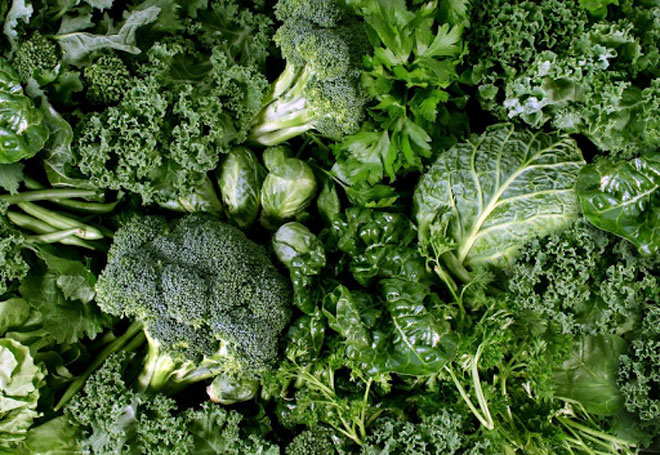Salad is a dish made with a variety of vegetables and fruits, often considered a healthy and nutritious option for weight loss. However, when preparing salad, there are common pitfalls that can actually cause weight gain.

Forgetting to include protein
Salad is typically made with a combination of vegetables and fruits, which provides a good amount of fiber. Many people who are afraid of gaining weight tend to skip the protein in their salad. This can lead to feeling hungry quickly and overeating. Adding protein to your salad, such as boiled eggs, chicken breast, salmon, cheese, nuts, and legumes, can help you feel full for longer and prevent overeating. Choose lean proteins like white meat, nuts, shrimp, and salmon. These proteins are low in calories and fat, helping you to stay full and maintain your weight loss journey.

Overusing salad dressing
Salad dressings often contain a high amount of calories. If you frequently eat salad with creamy and high-calorie dressings, you may end up gaining weight instead of losing it. Be cautious with fatty dressings. Opt for natural dressings made from citrus juice, honey, and limit the use of fatty dressings. Instead of adding lots of cream or fat to your salad, use olive oil mixed with fruit vinegar and avocado sauce. Avocado is a healthy fat that not only adds flavor to your salad but also provides a feeling of fullness. Industrial salad dressings should also be used carefully to avoid consuming excessive calories and potential additives that may not be beneficial for your health and weight loss goals.

Forgetting about dark green vegetables





































